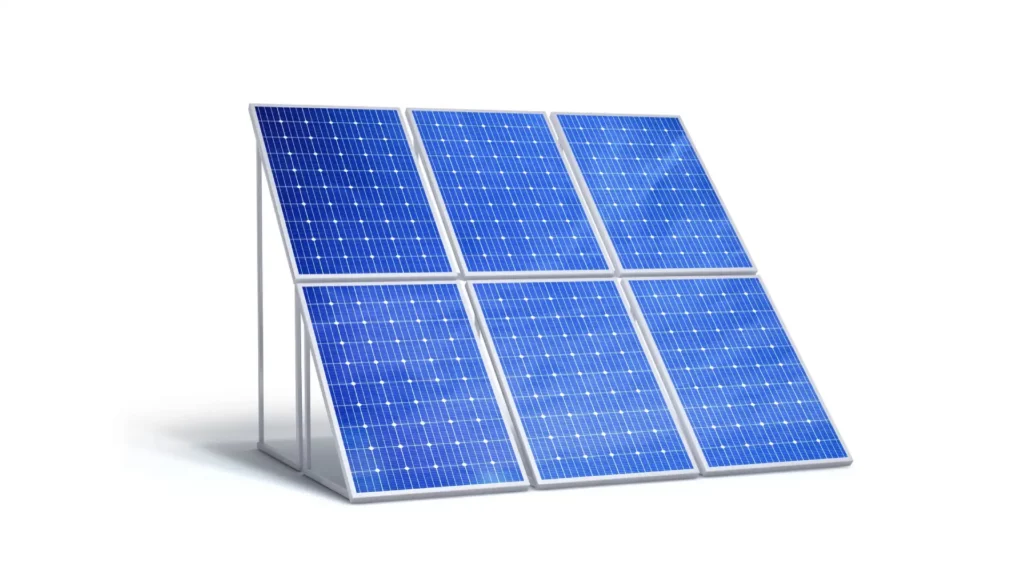Embracing the Solar Revolution with Photovoltaic Cells
In today's world, photovoltaic cells are not just a component of solar panels but a symbol of the shift towards renewable energy.
These cells, which convert sunlight into electricity, represent a significant leap in our quest for sustainable and clean energy sources.
This in-depth exploration will delve into what photovoltaic cells are, how they work, their types, applications, benefits, challenges, and the future they hold.
Understanding Photovoltaic Cells
At their core, photovoltaic cells are semiconductor devices that convert solar energy into electrical power. The principle underlying these cells is the photoelectric effect, where light photons displace electrons, creating a flow of electric current.
This conversion process is a remarkable feat of engineering and physics, marrying the natural energy of the sun with human technological ingenuity.
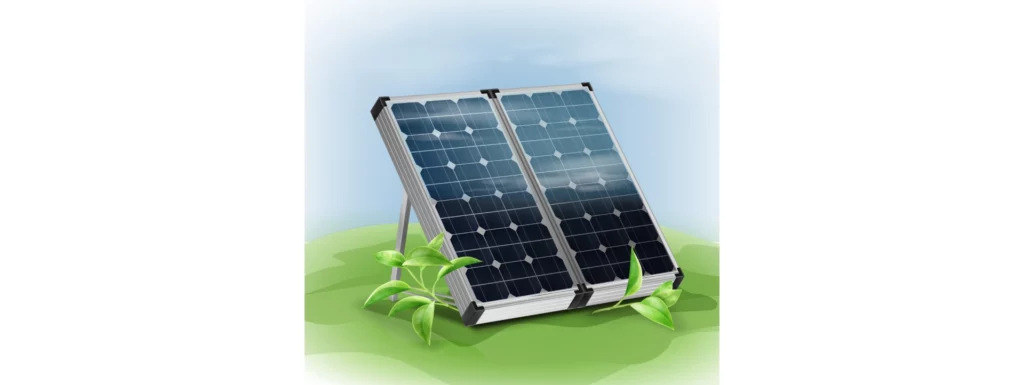
The Intricacies of Photovoltaic Cell Technology
To truly appreciate the value of photovoltaic cells, it's essential to dive into the scientific principles that make them work.
When sunlight, composed of particles called photons, strikes a photovoltaic cell, it may be absorbed by the semiconductor material, like silicon.
This absorption of light energizes an electron, allowing it to break free of its atomic bond within the material, creating what we know as electricity.
Core Components of Photovoltaic Cells:
- Semiconductor Material: Typically made of silicon, it is the heart of a photovoltaic cell, facilitating the conversion of solar energy into electrical energy.
- N-type and P-type Layers: These layers are doped with different materials, creating an electric field at their junction. This field is critical in directing the flow of electrons and creating current.
- Conductive Plates and Wires: As electrons are freed and move, these components collect and transfer the electrons, allowing for the flow of electricity that can be harnessed for various uses.

Diverse Applications of Photovoltaic Cells
The versatility of photovoltaic cells is evident in their wide range of applications, from residential to industrial uses.
In Homes and Businesses:
- Rooftop Installations: A common sight on homes and commercial buildings, providing a sustainable source of energy.
- Large-scale Solar Farms: These massive installations contribute significantly to the power grid, showcasing the scalability of photovoltaic technology.
Innovative and Specialized Uses:
- Solar-Powered Transportation: From cars to boats, photovoltaic cells are being integrated into transportation, reducing fossil fuel dependence.
- Portable Energy Solutions: The development of portable solar chargers has revolutionized how we power our devices, offering convenience and sustainability.
Industrial and Extra-Terrestrial Applications:
- Remote Operations: Ideal for powering equipment in isolated areas where traditional power sources are unavailable.
- Space Exploration: Photovoltaic cells are crucial in powering satellites and space stations, demonstrating their reliability in extreme conditions.
Historical Evolution of Photovoltaic Cells
The journey of photovoltaic cells from a scientific curiosity to a key player in the renewable energy sector is a fascinating tale of innovation and perseverance. It began in the 19th century when scientists first observed the photoelectric effect.
However, the practical application of converting sunlight into electricity was not realized until the mid-20th century. Since then, advancements in materials science and manufacturing processes have significantly improved the efficiency and affordability of photovoltaic cells.
This historical perspective highlights the relentless human endeavor to harness the sun's power, illustrating how far we've come and setting the stage for future breakthroughs.
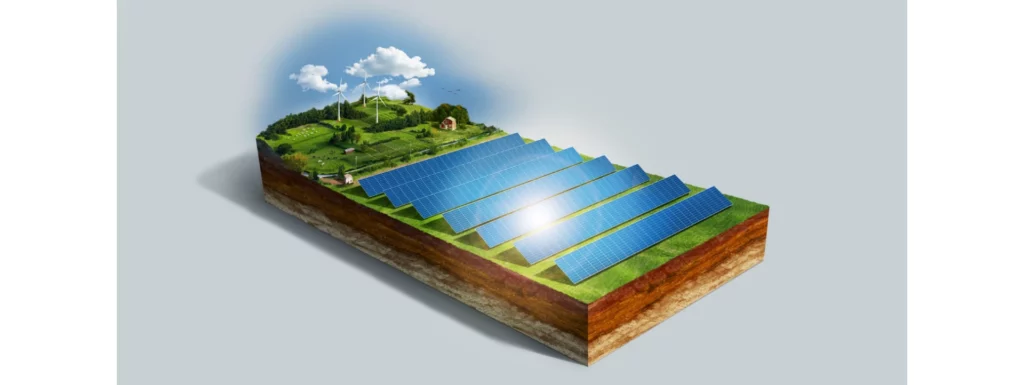
Advantages: Why Photovoltaic Cells are Transformative
The benefits of photovoltaic cells extend beyond just providing an alternative energy source; they represent a paradigm shift in how we view and use energy.
Sustainable and Environmentally Friendly:
- Renewable Energy Source: Utilizing the inexhaustible energy of the sun.
- Reduction in Carbon Emissions: A key factor in combating climate change.
Economic and Maintenance Benefits:
- Long-term Cost Savings: While the initial investment may be significant, the reduction in energy bills over time is substantial.
- Low Upkeep Requirements: Once installed, photovoltaic cells require minimal maintenance, adding to their appeal.
Integration with Smart Grids and IoT
The integration of photovoltaic cells with smart grids and the Internet of Things (IoT) marks a significant advancement in energy management. Smart grids, enhanced with IoT technology, allow for more efficient and responsive distribution of solar energy.
This integration enables real-time monitoring and management of energy flow, optimizing the performance of photovoltaic systems. It also facilitates the transition to decentralized energy models, where homes and businesses not only consume but also contribute energy to the grid.
This synergy between photovoltaic technology and digital innovation paves the way for smarter, more resilient, and sustainable energy systems.

Exploring the Different Types of Photovoltaic Cells
Photovoltaic cells have evolved into different types, each suited for specific needs and applications.
Monocrystalline Silicon Cells:
- High Efficiency: Among the most efficient, converting more sunlight into electricity.
- Durability and Longevity: Built to last, offering long-term energy generation.
- Cost Considerations: The manufacturing process is intricate, leading to higher costs.
Polycrystalline Silicon Cells:
- Affordable Alternative: A cost-effective option compared to monocrystalline cells.
- Slightly Lower Efficiency: They have a slightly lower efficiency rate.
- Distinct Appearance: Recognizable by their blue, speckled appearance, a result of the silicon cooling process.
Thin-Film Solar Cells:
- Versatile and Flexible: Can be applied in various settings, including curved surfaces.
- Economical Production: Cheaper manufacturing process.
- Efficiency Trade-off: They offer lower efficiency compared to crystalline silicon cells.
Environmental Impact and Sustainability
The environmental impact of photovoltaic cells is a critical aspect of their overall sustainability profile. Unlike fossil fuels, photovoltaic cells generate electricity without emitting greenhouse gases or pollutants, significantly reducing environmental footprints.
However, their production, which involves the use of energy and resources, does have an environmental cost. The industry is increasingly focusing on reducing these impacts through more sustainable manufacturing practices and recycling programs.
The lifecycle analysis of photovoltaic cells demonstrates their potential as a truly green technology when considering the complete picture from production to disposal.
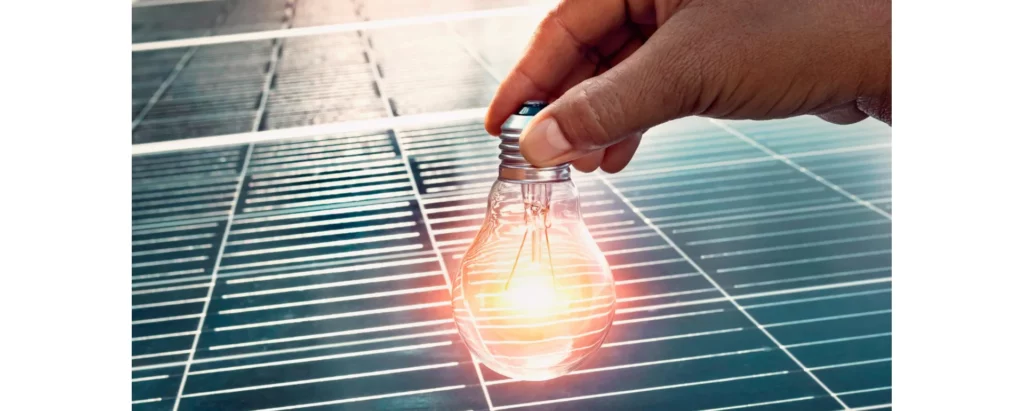
Facing the Challenges and Looking to the Future
Despite their numerous advantages, photovoltaic cells face challenges, but the future holds promising advancements.
Current Challenges:
- Dependency on Sunlight: Their efficiency is directly tied to sunlight availability.
- Storage Solutions: The need for better battery technology to store energy for use when sunlight is not available.
Anticipating Future Innovations:
- Enhancing Efficiency: Ongoing research is focused on creating more efficient photovoltaic cells, potentially transforming their applicability.
- Exploring New Materials: The exploration of materials like perovskites could lead to cheaper, more efficient photovoltaic cells.
Economic Implications and Job Creation
The economic implications of the widespread adoption of photovoltaic cells are profound. The photovoltaic industry has become a significant job creator, with roles ranging from research and development to manufacturing and installation.
As the demand for renewable energy sources rises, the industry is expected to see substantial growth, driving economic development and job creation in both urban and rural areas.
Additionally, the reduction in energy costs for consumers and businesses further stimulates economic activity, making photovoltaic cells a driver of economic progress in addition to environmental sustainability.
Policy and Regulatory Landscape
The policy and regulatory landscape surrounding photovoltaic cells is a crucial factor in their adoption and development. Governments around the world are implementing policies and incentives to promote solar energy efficiency, including tax credits, subsidies, and feed-in tariffs.
However, the regulatory environment can also pose challenges, such as grid access issues and changing incentive structures.
Understanding the interplay between policy, market dynamics, and technological advancement is key to navigating the future of photovoltaic cells and ensuring their continued growth and integration into the energy mix.

Photovoltaic Cells in Education and Public Awareness
Educational initiatives and public awareness campaigns play a pivotal role in the adoption of photovoltaic cells.
By educating the public about the benefits and workings of photovoltaic technology, these initiatives help demystify solar energy and promote its wider acceptance.
Schools and universities are incorporating solar energy studies into their curriculums, fostering a new generation of innovators and advocates for renewable energy.
Additionally, public installations and demonstration projects serve as powerful tools for raising awareness and showcasing the practical applications and the benefits of solar energy in everyday life.
In conclusion, photovoltaic cells are not just technological marvels; they are catalysts for environmental sustainability, economic growth, and educational advancement.
As we continue to explore their potential, it's clear that photovoltaic cells will play a central role in shaping our energy future.
EF ECOFLOW 110W Portable Solar Panel: One of Our Top Picks For 2024
The EF ECOFLOW 110W Portable Solar Panel is a remarkable addition to the world of portable solar technology.
Its premium build quality, user-friendly setup, and adaptability to various sun angles make it a standout choice for both casual users and off-grid enthusiasts. With an impressive 23% conversion rate, it delivers consistent performance in various weather conditions. Its durability, with an IP68 rating and ETFE film coating, ensures it can withstand the harshest elements.
The panel's portability, foldable design, and versatility make it ideal for outdoor adventures, from camping trips to emergency situations. It has garnered strong positive feedback from the community, emphasizing its quality and reliability.
Moreover, its commitment to sustainability and eco-friendliness through high efficiency and durable materials aligns perfectly with the growing need for environmentally responsible choices. The EF ECOFLOW 110W Portable Solar Panel is more than just a product; it's a sustainable energy solution for a greener future.
Check out our post on the EF ECOFLOW 110W Portable Solar Panel Review
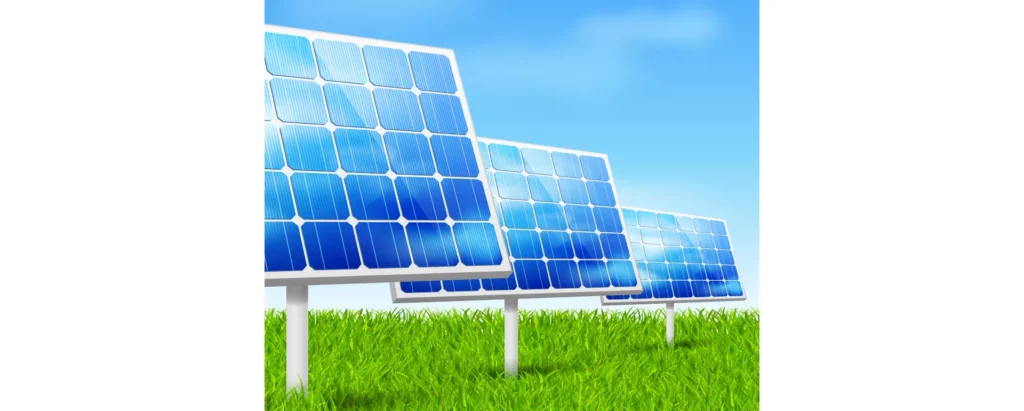
Conclusion: The Transformative Role of Photovoltaic Cells
In conclusion, photovoltaic cells represent far more than a mere component within the realm of renewable energy sources; they stand as a profound symbol of our collective dedication to forging a sustainable and environmentally friendly future.
The remarkable capacity of these cells to convert sunlight directly into electrical energy is not solely an extraordinary feat of technological innovation. It is, more importantly, a crucial stride forward in tackling the complex energy challenges of our modern era.
Their functionality transcends the bounds of science, embodying a beacon of hope for a planet grappling with the implications of climate change and the urgent need for cleaner energy sources.
As we witness ongoing technological advancements and a growing trend toward their widespread adoption, it becomes increasingly evident that photovoltaic cells are set to play an increasingly transformative role. They are not just facilitating our transition towards renewable energy but also reshaping our societal approach to energy consumption and conservation.
The journey towards a greener, more sustainable world is long and fraught with challenges, but the continued evolution and integration of photovoltaic cells into our energy infrastructure signifies a pivotal step in this journey.
Their growing presence is a testament to human ingenuity and our enduring commitment to preserving our planet for future generations. As we embrace this solar-powered revolution, photovoltaic cells continue to illuminate the path toward a brighter, cleaner, and more sustainable future.
Source:
Photovoltaic Cell Generations and Current Research Directions for Their Development

